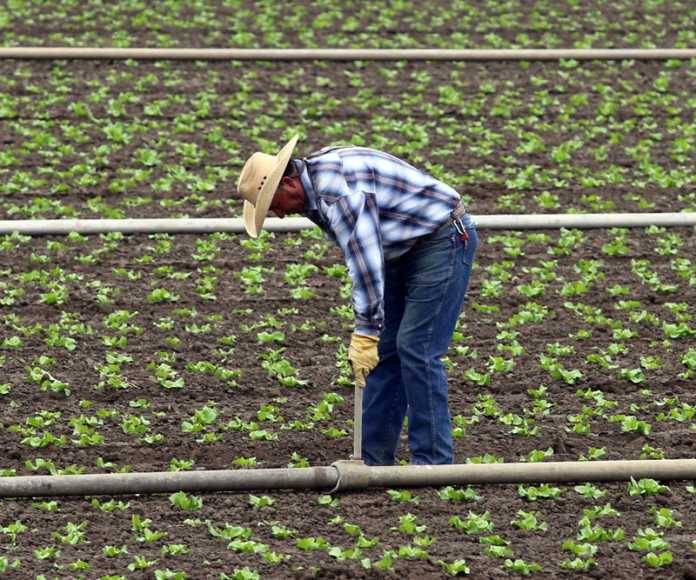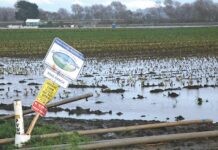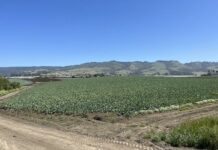CALIFORNIA — On the morning of Aug. 14 the Gavin Newsom administration filed accusations against Dow and other manufacturers of the neurotoxic pesticide chlorpyrifos. It is the formal start of proceedings to cancel chlorpyrifos’ registration in California.
The filing comes at a critical moment, in light of the Environmental Protection Agency’s (EPA) most recent refusal in July to take federal action on the pesticide, which has been linked to permanent brain damage in young children, according to Safe Ag, Safe Schools.
Simultaneously, the Newsom administration announced formation of a multi-sectoral work group, convened by the California Department of Pesticide Regulation (DPR) and the California Department of Food and Agriculture to develop a statewide plan to support future California farming that is less reliant on hazardous agricultural pesticides such as chlorpyrifos.
“Today should be a day of celebration for all Californians — Governor Newsom is living up to his pledge to protect children from the hazards of chlorpyrifos while supporting farmers in their efforts to expand the production and availability of organic and sustainable food,” said Byanka Santoyo, Community Organizer for the Center on Race, Poverty & the Environment, based in Fresno County (where 20 percent of the state’s chlorpyrifos is used).
Added Margaret Reeves, staff scientist for Pesticide Action Network: “Establishment of an alternatives work group is critical and should include the latest cutting edge science on agricultural ecology, especially on soil and ecosystem health as a means to support crop resilience to pests, diseases and other disturbances.”
California continues to use almost a million pounds a year of chlorpyrifos, with use heavily concentrated in the San Joaquin Valley. Although the cancelation proceedings have now officially begun, the process could take nearly two years to complete, a continued concern for agricultural communities.
“I’m happy this new administration is listening to us,” said Victor Torres, eighth-grade student, and Greenfield SASS member. “Our public events and trips to Sacramento to advocate for the state to stop its use worked. Now we need to keep advocating for more protections for all of our communities. The fight is not over.”













